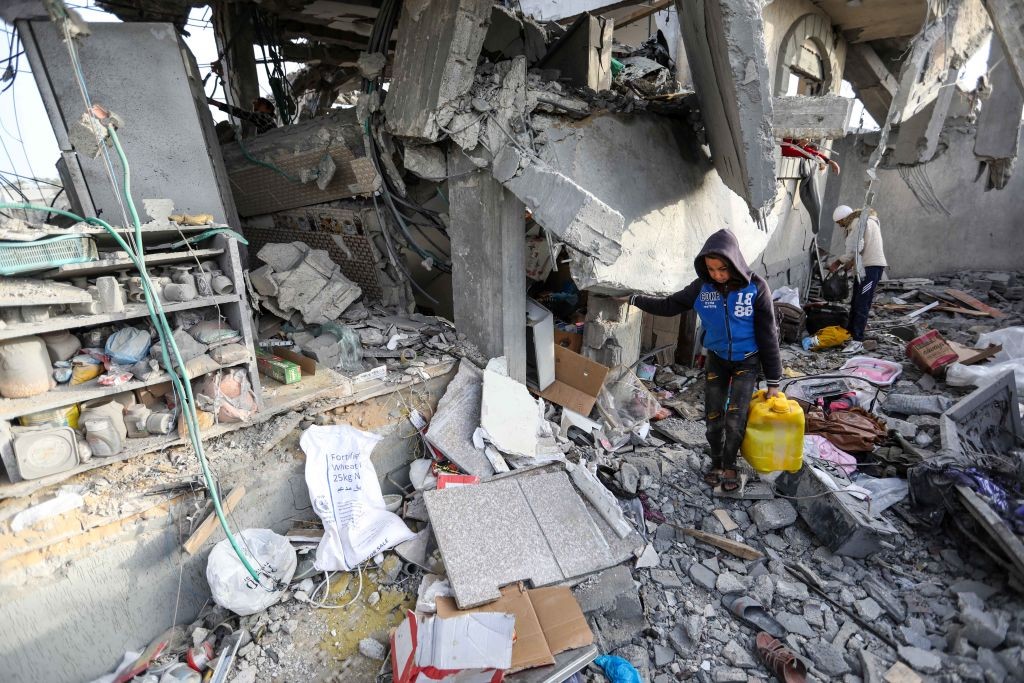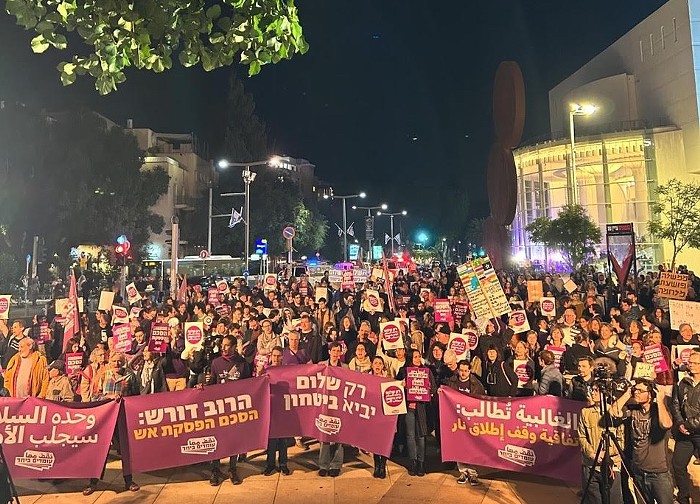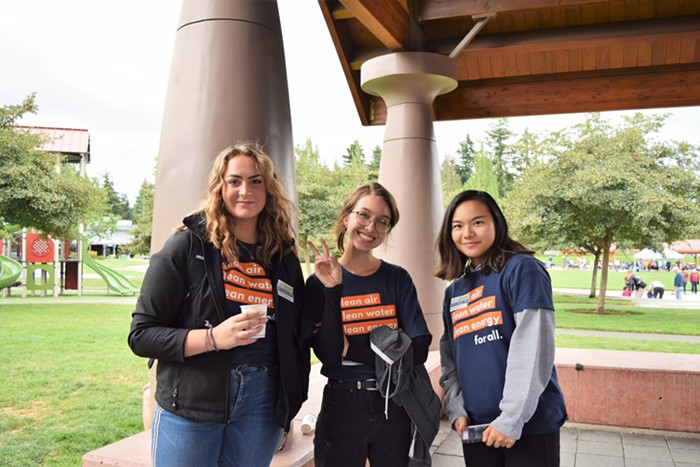As the war in Gaza enters its 6th month, the news is filled with heartbreaking stories, including that of 12-year-old Alma, who fled shellings with her family until the last place she sheltered was bombed. After being pulled from the rubble she learned that her parents and all four siblings were killed. She found the body of her 18-month-old brother decapitated, and she told reporters she now wishes for death.
More than 30,000 Palestinians have been killed and 70,000 injured in the most well-documented genocide in modern history. A child is killed every eight minutes, two mothers are killed every hour and more than 10 children lose one or both legs every day. Those who survive are treated in hospitals without anesthesia and often without medical providers.
The mental health toll and intergenerational trauma is unimaginable as injured orphans arrive in Gaza hospitals showing signs of shock and as parents try to shield children from seeing the bombings and dead bodies around them. Now the entire population is on the verge of catastrophic starvation as Israel blocks aid.
Given the large-scale devastation, we might assume that universities across the country would be calling for a ceasefire at the very least. After all, a ceasefire is a low bar, as it would return the population of Gaza to an apartheid status quo, in which their life expectancy is 10 years shorter than those living a short distance away, rates of neonatal, infant, and maternal mortality are 5 times higher and 70% of the adult population suffers from depression.
The widespread, systemic human rights violations of Israel’s brutal occupation, including unlawful killings, arbitrary arrests, torture, home demolitions, and land confiscation have long been condemned by human rights groups as war crimes. Israel has arrested more than 10,000 Palestinian children without due process over the last 20 years and 880 in the last year—some as young as 12 years old under draconian laws, most commonly for throwing stones. Most detained children endure physical and emotional abuse, including beatings (86%), solitary confinement (60%) and strip searches (69%).
Illegal Israeli settlements in the West Bank have proliferated and are rapidly expanding in flagrant violation of international law, bulldozing schools and displacing communities; Israel recently announced its largest West Bank land seizure since 1993.
Israel’s control and restriction of water infrastructure results in insufficient water for Palestinians’ basic needs; Palestinians are forbidden from drilling wells, obtaining water from the Jordan River, or even collecting rainwater. Palestinian water cisterns are often destroyed by the Israeli army. In contrast, neighboring Israeli settlers in the West Bank face no water restrictions and benefit from irrigated farmlands and swimming pools. Water consumption by Israelis is at least four times higher than Palestinians, with some poor Palestinian communities spending half their income on water or walking miles to access wells.
Palestinians in Gaza are ruled by Hamas, a terrorist organization that Israeli Prime Minister Benjamin Netanyahu propped up and funded for decades to divide Palestinians and undermine a two-state solution; without these funds, Hamas could not maintain its reign of terror.
A ceasefire to end the indiscriminate killing of civilians is endorsed by 180 countries and most Americans, and it hardly seems controversial. However, most universities, including UW, have yet to formally advocate for this solution.
Gaza is a conflict in which our voices can especially make a difference since our tax dollars are funding the Israeli military without restrictions. Pressuring our elected officials to hold Israel accountable for war crimes conducted with US dollars is likely the most effective way to end the atrocities. The Israeli government is well aware of this and has worked for decades to influence American Jewish politics to crush criticism of Israel, plant propaganda in the mainstream media, and equate anti-Zionism with antisemitism.
Universities have felt similar pressure from the Israeli lobby and billionaire donors (both historically and currently), resulting in silencing and demotion of professors who criticize Israeli policies and suppression of pro-Palestinian student organizations. A survey found that 82% of university scholars felt the need to self-censor when speaking about Israeli-Palestinian issues with 81% self-censored criticism of Israel compared to just 11% self-censoring criticism of Palestinians.
Universities have strong influence on public opinion and government policy; student protests and university divestment, for instance, played a role in ending the apartheid in South Africa. However, responses from universities thus far have been muted, historical context is limited to events starting on Oct 7, with prior history deemed “complex and nuanced” (a Zionist talking point), and concern about mounting casualties “on both sides.” Faculty are advised by university leadership to consider moving discussions about Gaza to office hours or outside classroom settings, which could discourage students from sharing their perspectives with peers.
In addition to contacting elected officials, we must urge universities to call for a ceasefire and to facilitate open dialogue free from censorship and retaliation. University presidents have a moral imperative to issue statements condemning genocide. History will not judge us kindly for not translating our values into action.
Monisha Sharma is an assistant professor of global health and adjunct assistant professor of epidemiology at the University of Washington. The views expressed in this article are her own and do not necessarily reflect those of the University of Washington.



















